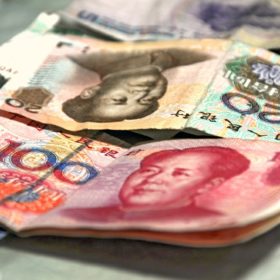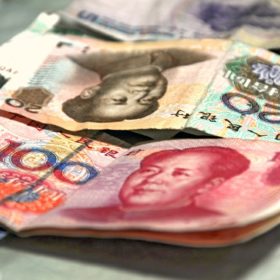Panda Green owners look to lease developer out of onerous capital requirements

Beijing Energy, which is among a bevy of public entities holding stakes in the developer, is proposing one of its subsidiaries offer $211 million of leasing options to debt-saddled Panda Green.
Heavily-indebted Chinese solar project developer Panda Green on Friday revealed one of the potential benefits to come out of its February bail-out by state-owned power company Beijing Energy.
The new board has proposed Beijing Energy subsidiary Shenzhen Jingneng Leasing provide Panda Green with RMB1.5 billion (US$211 million) worth of leasing services up to the end of 2022.
Under the terms of a proposed agreement, the leasing business would be permitted to buy materials, such as solar projects, off Panda Green in order to lease them back to the developer, thus generating a cash windfall for a company struggling under mountainous debts.
Shenzhen Jingneng Leasing would also be able to purchase solar project materials from manufacturers and then lease them to Panda Green, making the business of developing solar projects less capital intensive up front for the Hong Kong-listed solar project company.
Beijing Energy, which holds a 32% controlling stake in Panda Green, will have to get the plan approved by the developer’s independent shareholders at a meeting planned on or around June 5. However, the developer last week dipped below the minimum 25% of stock required by the Hong Kong exchange to be held by non state actors, indicating a relatively easy path for Beijing Energy provided its fellow state-owned stakeholders play along.
Panda Green was set to miss Friday’s stock market deadline to have its annual accounts for 2019 signed off because its auditor was concerned about the fate of RMB1,022 million paid in 2017 to secure potential development rights for solar projects which never materialized.


